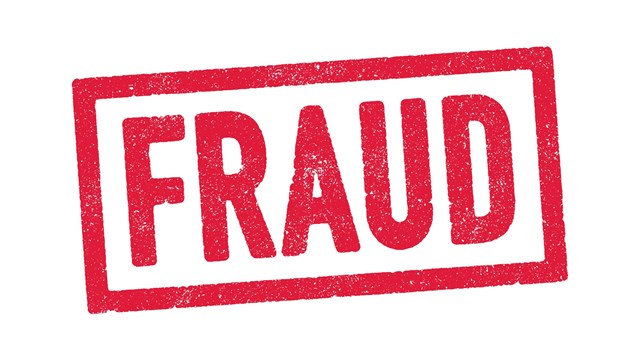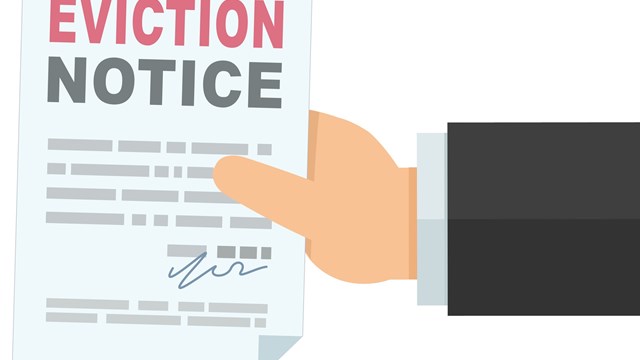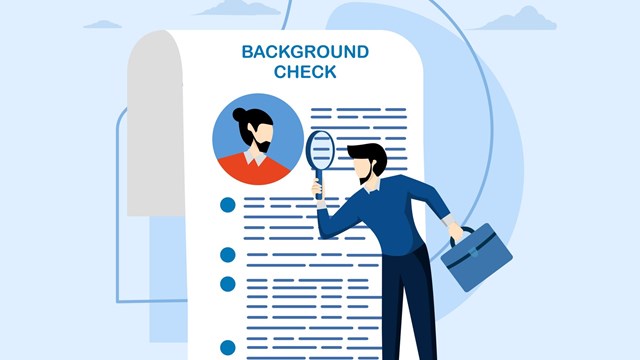
Q. I am an original and current shareholder in an HDFC co-op in Manhattan; I am on the lease and stock certificate along with my father (a co-shareholder). We both became shareholders along with the other existing tenants in the building at the time of conversion in 2000.
My father passed away in 2004. At the time, I gave proper notice to the building attorney via letters and a phone call. No follow-up was ever done by the board or building attorney. I have lived in the building and the apartment for over a decade paying my maintenance, attending elections, and voting. I am on the rent rolls. In addition, my father left a will, which has been fully probated in surrogate court. I am the sole beneficiary of his portion of the shares, as I already own mine. I am the executrix of the estate, as well as an existing shareholder.
The problem is the board refuses to transfer my father’s portion of his shares to me and provide an updated stock certificate with just my name – fourteen years after he passed away! They want my ‘current tax returns’ before transferring his shares. There is no policy or bylaw stating this as a requirement in our bylaws. We are not a Mitchell-Lama or limited equity building; we are private, and we don’t need to ‘income re-qualify’ every year or as an existing shareholder who is not purchasing any shares. How can I compel my board to transfer the shares, already?
—Inconvenienced by the Board
A. “There is no one set of rules for HDFCs,” says partner Andrew Brucker at the Manhattan law office of Montgomery McCracken Walker & Rhoads LLP. “Some have a regulatory agreement with New York City, while others do not. And whereas all HDFCs have bylaws and lease, there is no requirement that they are all the same.
“It is very possible that your cooperative’s bylaws and lease do not permit someone to inherit the apartment. As is the case with most conventional cooperatives, the person named in the will is not automatically issued a new stock and lease. We assume that this is the reason that the board asked for the letter writer’s income tax return. The board has the right of consent on any sale or transfer, which in this case would be a transfer from the estate to the daughter. The board wants to make sure that the decedent’s heir can handle the obligation to pay rent. There is also the complication that the daughter already owns an apartment in the building. There could be a provision in the lease that the apartment must be used as the primary residence of the owner. That would be impossible here, since if the transfer is made, she would own two different apartments.
“Finally, the building seems to have been converted in 2000, which might lead us to believe that there was both HDC and HPD funding for the project. If that is so, although the cooperative is not a Mitchell-Lama, there may be an income limitation for new shareholders.
“No one can give the inquiring reader any answers based solely on this question. There are a number of documents to be reviewed, and questions to be answered. This situation must be analyzed by counsel who understands HDFCs and we advise the inquiring reader to seek professional guidance from someone familiar with HDFCs.”









2 Comments
Leave a Comment